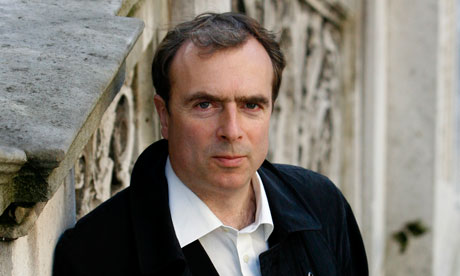In their attempt to argue that effective and binding codes can be developed without a deity, atheists often mistake inferior codes – “common decency” – for absolute moral systems.
The Golden Rule, or doing as you would be done by, is such a code.
But the fact that men can arrive at the Golden Rule without religion does not mean that man can arrive at the Christian moral code without religion.
Christianity requires much more, and above all does not expect to see charity returned.
To love thy neighbour as thyself is a far greater and more complicated obligation, requiring a positive effort to seek the good of others, often in secret, sometimes at great cost and always without reward.
Its most powerful expression is summed up in the words, “Greater love hath no man than this, that a man lay down his life for his friends.”
It is striking that in his dismissal of a need for absolute theistic morality, my late brother Christopher states that “the order to ‘love thy neighbour as thyself’ is too extreme and too strenuous to be obeyed.”
Humans, he says, “are not so constituted as to care for others as much as themselves.”
This is demonstrably untrue, and can be shown to be untrue, first through the unshakeable devotion of mothers to their children; through thousands of examples of doctors and nurses risking (and undergoing) infection and death in the course of caring for others; in the uncounted cases of husbands caring for sick, incontinent and demented wives (and vice versa) at their lives’ end; through the heartrending deeds of courage on the battlefield, of men actually laying down their lives for others.
We all know these things happen. Continue reading
- Peter Hitchens in ABC Religion & Ethics
Peter Hitchens is a columnist and reporter for the Mail on Sunday.
